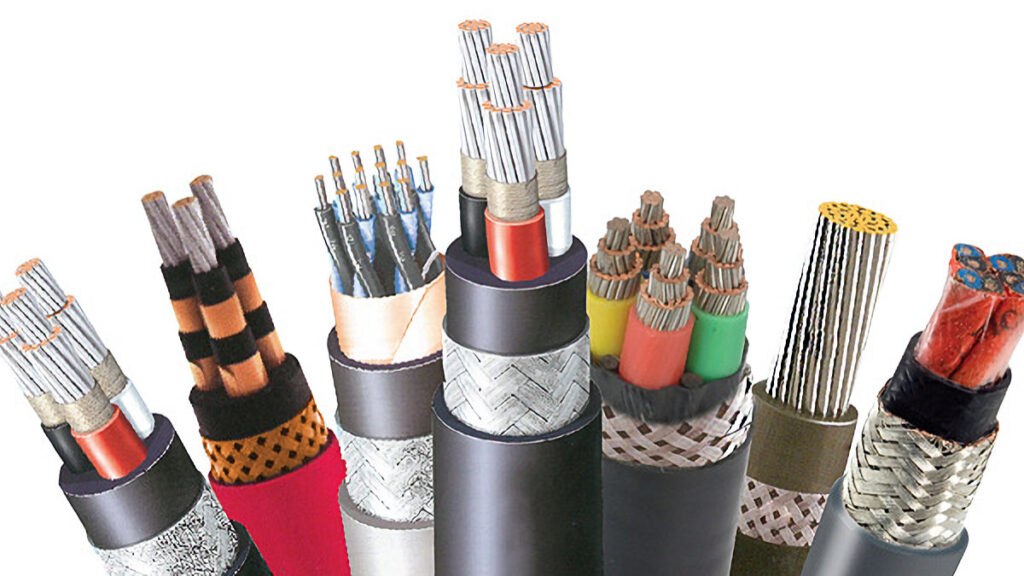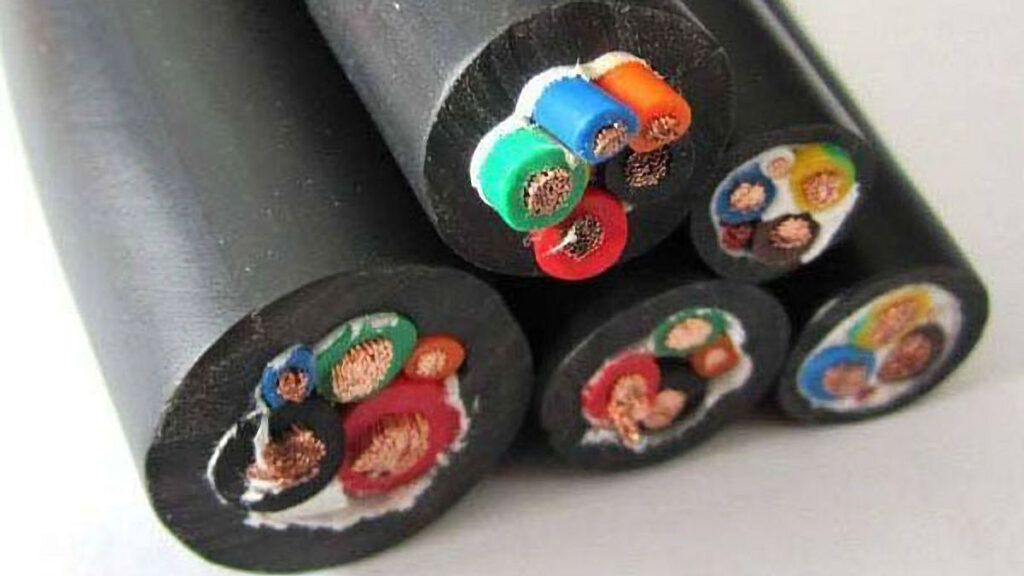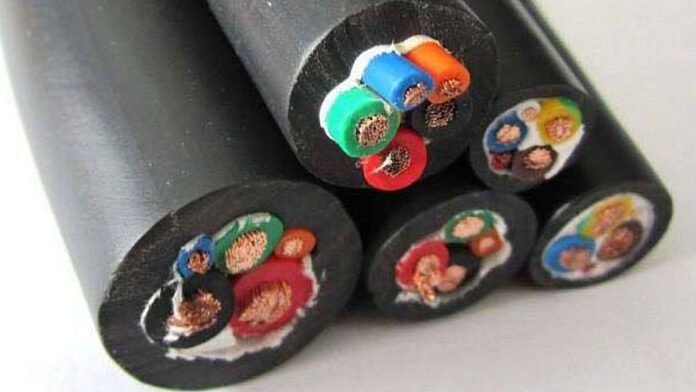Causes Of Water Damage To Cable In Security Systems.
Causes Of Water Damage To Cable – When you’re experiencing trouble on a zone run the issue may not be with the device or with terminations but with water damage to the cable.
Determining those causes to mitigate a repetition of the faults you’re experiencing isn’t easy either. Water ingress into cables is an inexact science that depends on factors that may not immediately occur to the technician.
These might relate to the chemical reactions between cable jacket and chemicals in local water, pressure and temperature variations, as well as the nature of the cable itself, which will inevitably have microscopic openings at various points along a run.

You expect corrosion in coastal environments, which include airborne moisture and salts, but similar conditions can be caused by pollution or by salts in eroding rocks leaching around buried cables over decades. Even water vapour in an electrical transmission space will impact on its dielectric constant – that loss will vary with changes in temperature and humidity.
A pressure gradient inside a cable is an issue because it means a cable exposed to hot sun and then a shower of rain will suck water molecules through microscopic openings in the cable sheath as moist air inside the sheath contracts.
Pits and underground cable infrastructure inevitably collect stormwater and organic matter, which then begins to rot, releasing corrosive chemicals and solvents. Then there’s galvanic action. Once metal is in contact with water, if there’s a DC current present it’s possible for cables to be destroyed in a matter of days.
Causes Of Water Damage To Cable In Security Systems
Water can migrate by capillary action up between conductors or within braid, leading to path distortion, which is difficult to detect without using a specialised piece of equipment, like a spectrum analyser.
Testing a cable run for water damage isn’t easy, either. As water penetrates the sheath what you’re going to get first is noise indicating high frequency leakage between conductors. Water conducts electricity a whole lot better than PVC, remember.
You’ll also get greater impedance (this may not be measurable, even on an oscilloscope) and the level of isolation will fall. As the copper corrodes, you’ll get increasing resistance and a lot more noise. In the end you’ll get false alarms as voltage thresholds are missed.
You can find out more about standards for cable in wet areas here or read more SEN news here.
“Causes Of Water Damage To Cable In Security Systems.”











